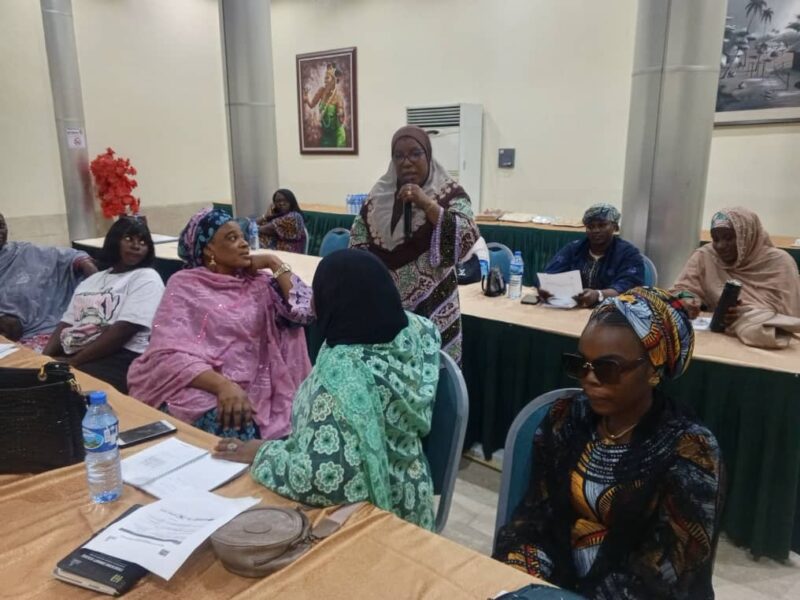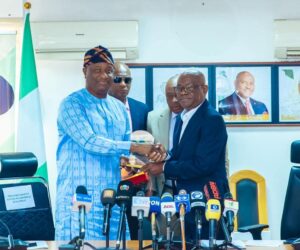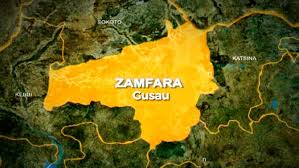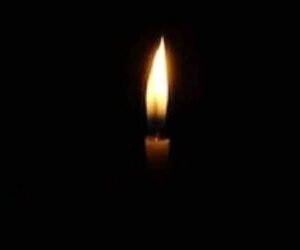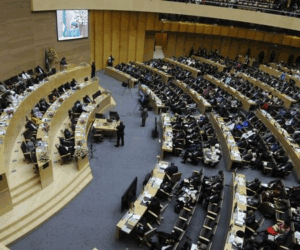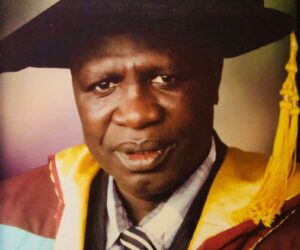An international civil society organisation, Global Rights, has held a mentorship workshop for 20 Community Dialogue Committee (CDC) women from Kaduna State, aimed at ensuring women inclusion in community peace building.
Speaking with journalists during the second day of the workshop Wednesday in Abuja, Program Officer of Global Rights, Noya Sedi, said the organization observed that the women leaders have not been confident in speaking out and mediating in community issues, hence the need to embolden them with training.
She said: “Currently, we are hosting a mentorship workshop for our Community Dialogue Committee Women in Kaduna State. So, this is based on a learning over the course of implementation. We started this project two years ago. We established Community Dialogue Committees to ensure women inclusion in community peace building. We’ve now expanded to all the senatorial districts in Kaduna State. The newer communities that we’ve implemented this, we started to observe that women are not outspoken, that confidence is not there.
“Even when they’re told to speak, they feel like it’s not their place to, you know. They have to be extra encouraged, they have to be. People have to go the extra miles to encourage them to speak. The confidence is not there, the agency is not there, they haven’t formed that independence yet. So, this mentorship workshop is basically for them to learn from other women. First of all, women who were in the earlier CDCs that were established and women who are also in this space of peace building, who have done work in this area over time, over the years.
“So it’s to create a system where they can create a safe space for women to express themselves, discuss the challenges and identify solutions to these challenges and how we can make these women build a stronger sense of agency and independence, to effectively discharge their roles in the communities.
“Generally, we like to select women who are respected in their communities, who are of good standing, who are known for exhibiting good behaviour, and who have leadership potential and capacity. Now potential is one thing and then harnessing that potential is another thing. So that’s part of what we’re trying to do here now. Although we saw potential in them, which is why they were selected in the first place, we want them to be able to explore that potential to the fullest and be able to take on the roles that have been assigned to them.
“We are very sensitive to the context that we’re working in and we’re very sensitive to the specific gender roles that cannot be challenged in the communities that we work in. This is not something to say ‘challenge men or take over’. It is basically just them to have a seat at the table. So that they are considered, they are brought to the table, they are consulted. It is more like a collaboration where women and men can actually work together, not one outshining the other or one overthrowing the other. No, it’s a collaboration because two heads are better than one, that sort of thing.”
She added: “There have been varying levels of acceptance. Obviously, we understand that in Northwest, it’s one region, but everybody there is not the same. Different communities, different states have different context. So, what’s been working in one state or in one region, in one state might not work in another, or in one community, even in the same state, might not work in another. Like, for example, in Kaduna State, this is a more conservative community than the one we were working earlier.
“We did not have to do this workshop in the first phase, but we have to do this now because we’re dealing with more conservative women. So, of course, we understand that there’s a lot of dynamics in there and we try to adapt to that. But what has worked for us is collaboration. So we’re not coming to come and say, ‘our women are here, they must have a seat’. It is a collaborative effort. We are working collaboratively with the community leaders, traditional leaders, with religious leaders as well, because we know those are the custodians of power.
“We are working collaboratively with them so that women can now have a seat at a table. And we have seen success. You know, for example, in Kaduna State, a woman is now part of the agenda. The traditional council has appointed a woman to its fold. That’s not something that usually happens in this part of the country. So, we’re starting to see acceptance at that level and that is what is important for sustainability.
“For the women we’re training, we have about 20 across all the CDCs that are working in Kaduna State. The expectation is that they take this learning not just as something that would end here, but they actually start to actualise and practicalise this. We hope that these are necessary steps towards confidence-building, decision-making and then to now see themselves as key actors in the peace of their community and take on that role effectively.”
Also speaking at the event, the convener of Kaduna State Women’s Mediator Network, Prof. Hauwa Yusuf, said that women have a significant role to play in the peace of any community as CDC members, advising the participants to brace up and learn to speak in public.
On her part, NBA Chairman, Barnawa Branch, Kaduna, Bukola Ajao, advised women not to be biased when it comes to mediating in conflicts, advising the participants to recuse themselves in any mediation where they may be tempted to side with a particular party due to their personal experiences.

